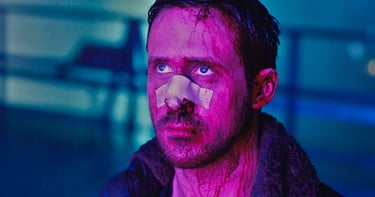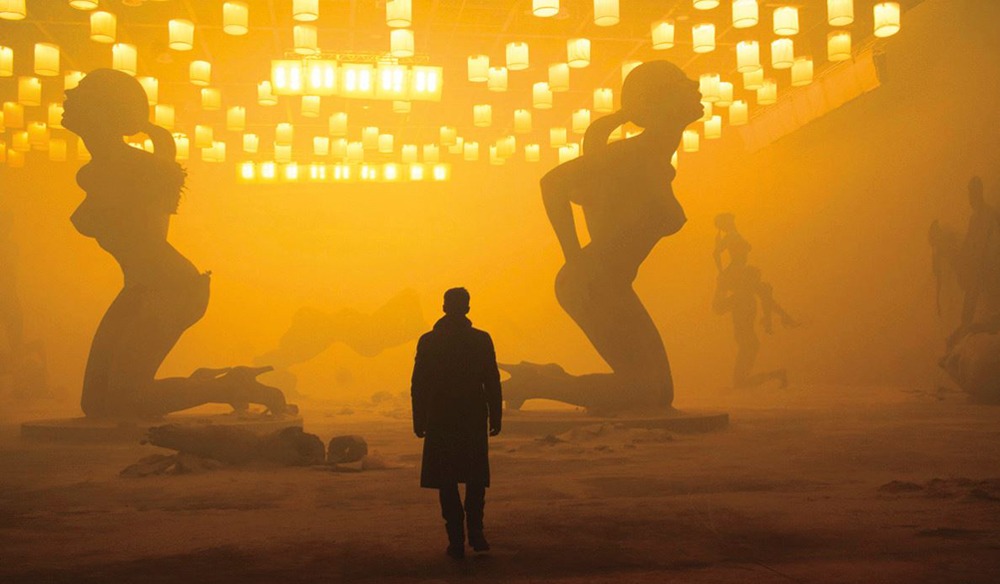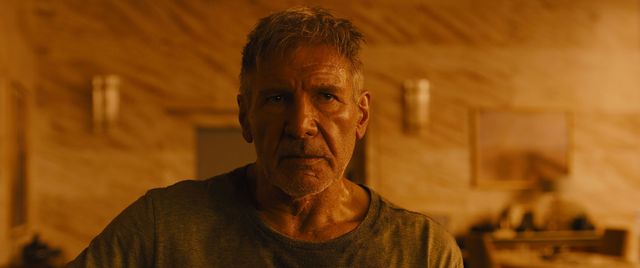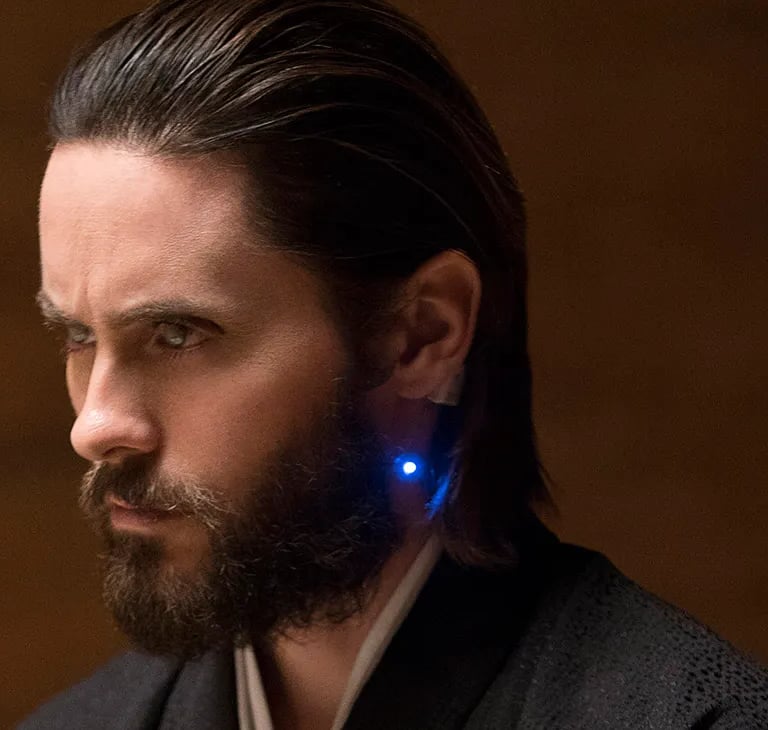K's Shadow: How Blade Runner 2049 Mirrors Our Existential Anxieties
What does it mean to be human in a world filled with artificial beings? K's quest in Blade Runner 2049 challenges our definition of humanity and pushes us to confront our own struggles with purpose and belonging. Join us as we delve into the film's dark alleys, uncovering truths about ourselves and the world we inhabit.
12/20/20233 min read


If you do not know about Blade Runner 2049 and do not have the time to watch it, read this:
In the year 2049, Los Angeles shimmers under a polluted sky, choked by towering skyscrapers and bathed in the glow of holographic advertisements. Beneath the city's glittering facade, Officer K navigates the grimy underbelly, hunting "outdated" replicants – bioengineered beings denied the right to life beyond their programmed lifespan. But unlike his brethren, K harbors a secret yearning: to unravel the mystery of his own existence.
My Reflections
In the neon-drenched alleys of Blade Runner 2049, amidst glistening skyscrapers and holographic billboards, walks K - Officer K. But K is no ordinary detective; he's a replicant, a synthetic being programmed for obedience and disposability. Yet, beneath the chrome and circuitry, something stirs - a yearning for self-discovery that transcends his manufactured purpose.
K's quest for belonging echoes in the hearts of all of us. We, too, dwell in a grand, indifferent universe, often grappling with our own insignificance compared to the cosmic scale. Like K, we search for meaning, for a reason to exist beyond the programmed roles or labels society assigns us.


But K's journey isn't a solitary one. He stumbles upon the memories of Deckard, another replicant haunted by questions of identity. Together, they delve into a labyrinth of forgotten pasts, uncovering truths that rewrite their realities. This echoes the human experience of connection, where shared stories and vulnerabilities allow us to see ourselves reflected in each other, illuminating the paths to self-understanding.
K's quest, however, doesn't involve crushing others' truths to carve his own. He helps Deckard reconcile with his buried memories, respecting the choices he made even when they differ from his own. This highlights a crucial lesson in a world divided by competing narratives: genuine self-discovery emerges not from conflict and domination, but from empathy and understanding diverse perspectives.


Yet, K's path is fraught with danger. He hunts replicants deemed "dangerous," a label often based on hearsay and prejudice. This chilling parallel to real-world prejudice reminds us of the dangers of judging others based on incomplete information. In our rush to find our own truth, we must resist the urge to demonize those who don't fit our narratives.
Despite the darkness, K's journey ends with a flicker of hope. He chooses to sacrifice himself for something bigger than himself, showing the power of altruism even in the face of insignificance. This resonates with the human capacity for kindness, reminding us that even the smallest acts of compassion can ripple outwards, contributing to a better world.


Blade Runner 2049 doesn't offer easy answers. It throws us into an existential abyss, where replicants mirror our own anxieties about identity and purpose. But through K's struggles, it shows us a path forward. By accepting our insignificance in the grand scheme, we unlock empathy for others. By sharing our stories and respecting diverse truths, we illuminate the path to understanding ourselves. And by embracing acts of kindness, even if small, we contribute to a world where insignificance doesn't have to equate to meaninglessness.
Blade Runner 2049 is a neo-noir masterpiece that dives into the depths of existentialism, exploring themes of identity, memory, and the fleeting nature of human existence. Through K's journey, we grapple with the fundamental question: do manufactured lives deserve meaning?
His quest for belonging intersects with the forgotten past of Deckard, a legendary blade runner from the original film. Together, they uncover a conspiracy that unravels the very fabric of society, forcing them to confront their own pasts and redefine their present.
